Artificial intelligence has potential to counter vaccine hesitancy while building trust in vaccines, but it must be deployed ethically and responsibly, argue Heidi Larson and Leesa Lin
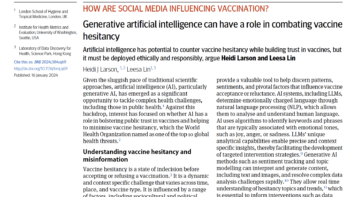

Artificial intelligence has potential to counter vaccine hesitancy while building trust in vaccines, but it must be deployed ethically and responsibly, argue Heidi Larson and Leesa Lin
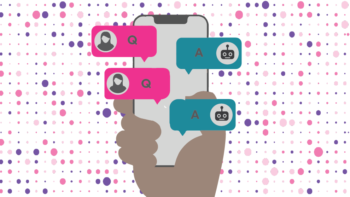
The objective of this systematic review was to examine documented uses and evidence on the effectiveness of conversational AI for vaccine communication.
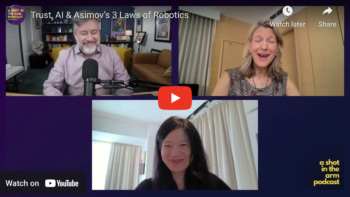
Ben Plumley, Managing Director of our sister organisation the Global Listening Project, checks in with Professors’ Heidi Larson and Leesa Lin as they share the first top-line results from the Project’s 70-country societal preparedness index
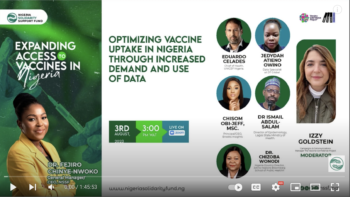
We co-hosted a webinar with the Nigeria Solidarity Support Fund (NSSF) and the Vaccine Data CoLab on “Optimizing Vaccine Uptake in Nigeria through Increased Demand and Use of Data.”
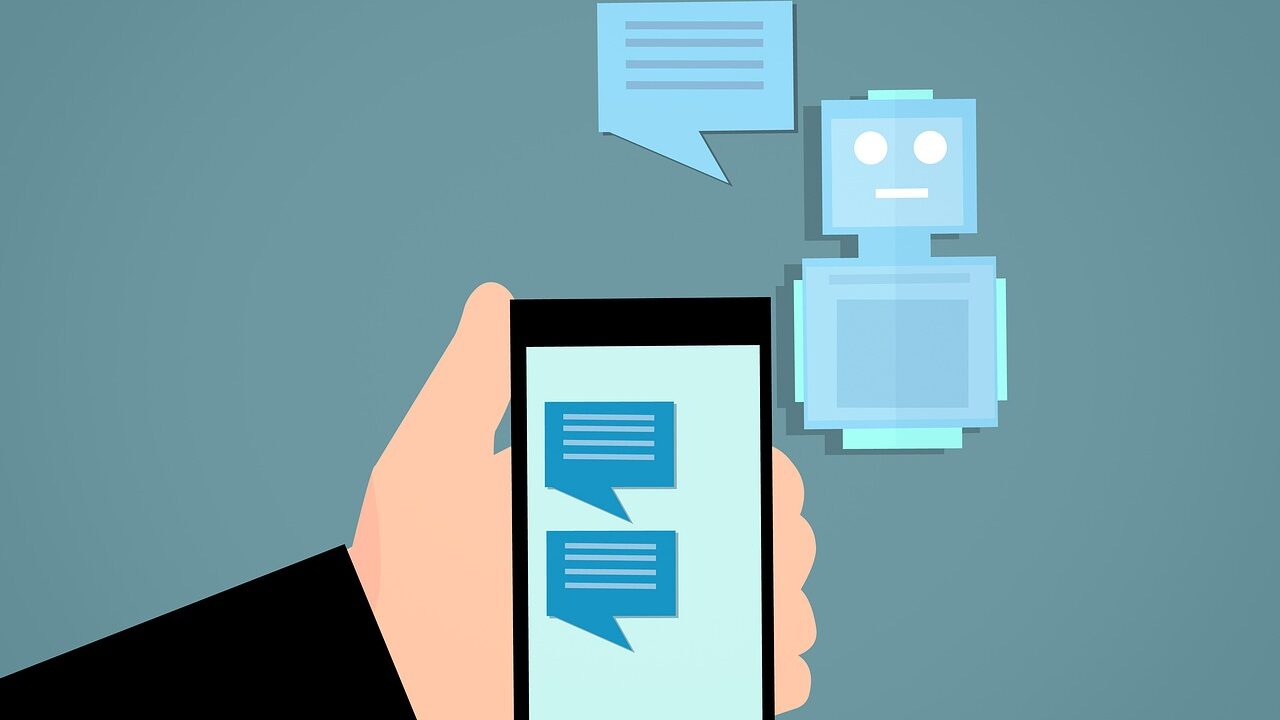
This multisite research was designed to harness the power of social media to increase vaccination confidence and uptake in Thailand, Hong Kong, Singapore, and Japan.

This research aims to develop and evaluate a suite of feasible interventions based on artificial intelligence technologies checking extensions, real-time dashboards, and chatbots – that improve the ability to debunk misinformation, boost self-efficacy in the vaccination decision-making process.

This research applies communication and behavioural theories to comprehensively assess confidence in and acceptance of HPV vaccines in Japan, Korea, and China amongst people who have not received the vaccine, in order to develop effective digital communication strategies to increase uptake.

The IRIS Academic Research Group was founded by some of the world’s leading researchers and academic institutions and launched in June 2021 at the inaugural Global Vaccine Confidence Summit as part of the UK government’s G7 Presidency.

Little is known about how social media platforms can be used to increase COVID-19 vaccine intent. We aimed to investigate the effect of social media-based interventions on vaccine hesitancy in Japan.
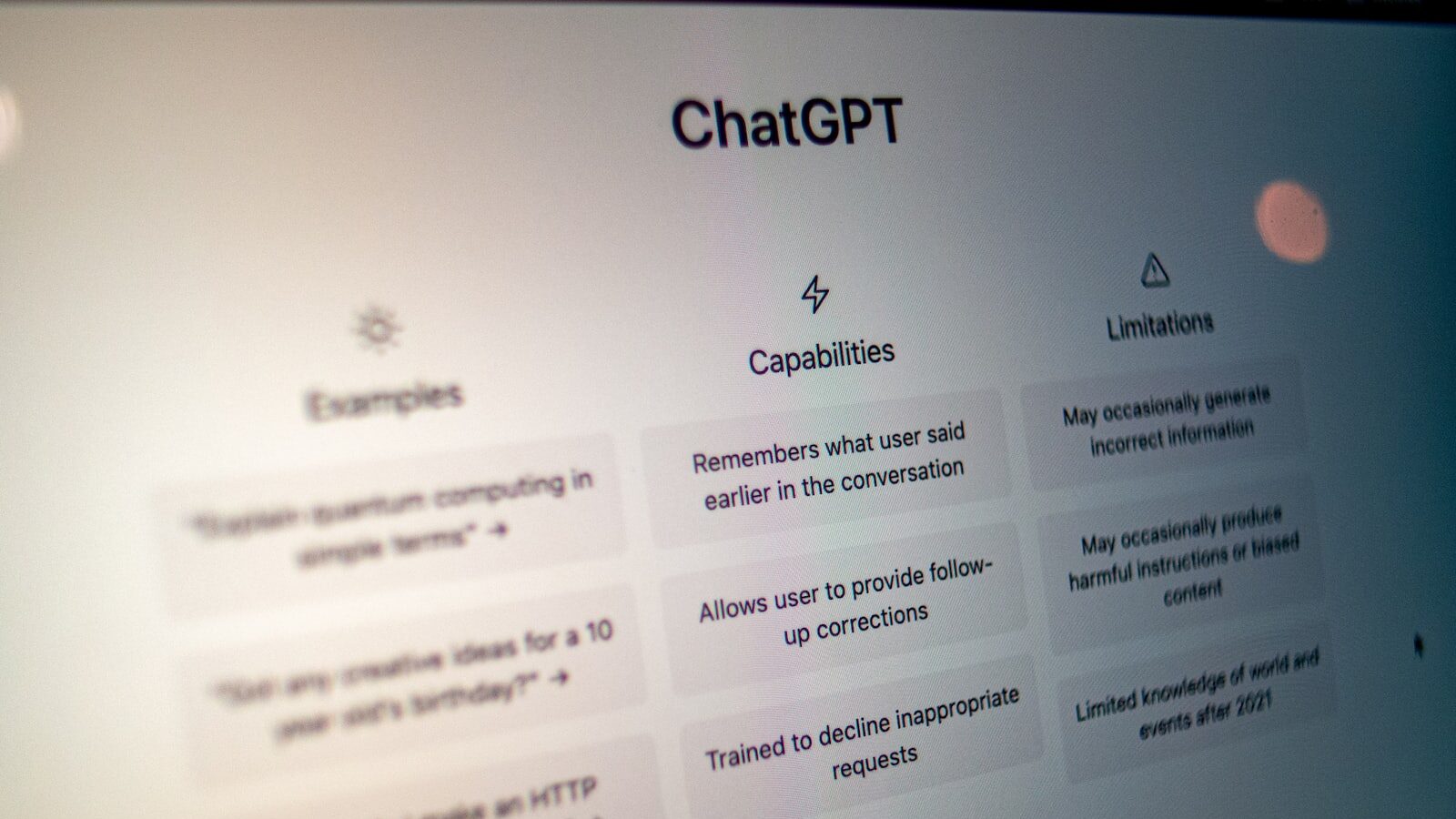
The objective of this systematic review was to examine documented uses and evidence on the effectiveness of conversational AI for vaccine communication.
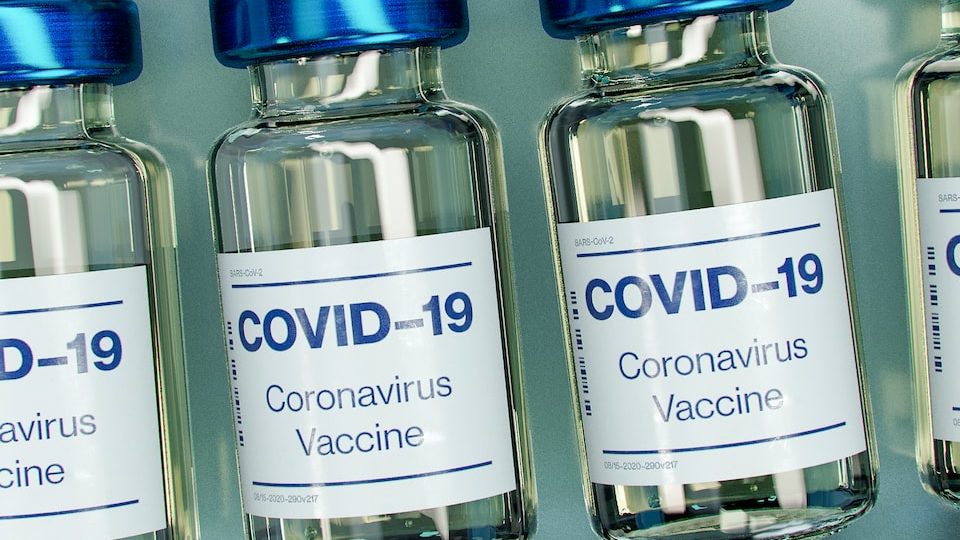
In this review article, examples of hesitancy regarding the measles–mumps–rubella (MMR), human papillomavirus (HPV), and COVID-19 vaccines are used to explore the multifaceted issues that fuel vaccine hesitancy. Each of these examples is part of a larger, more complex story.
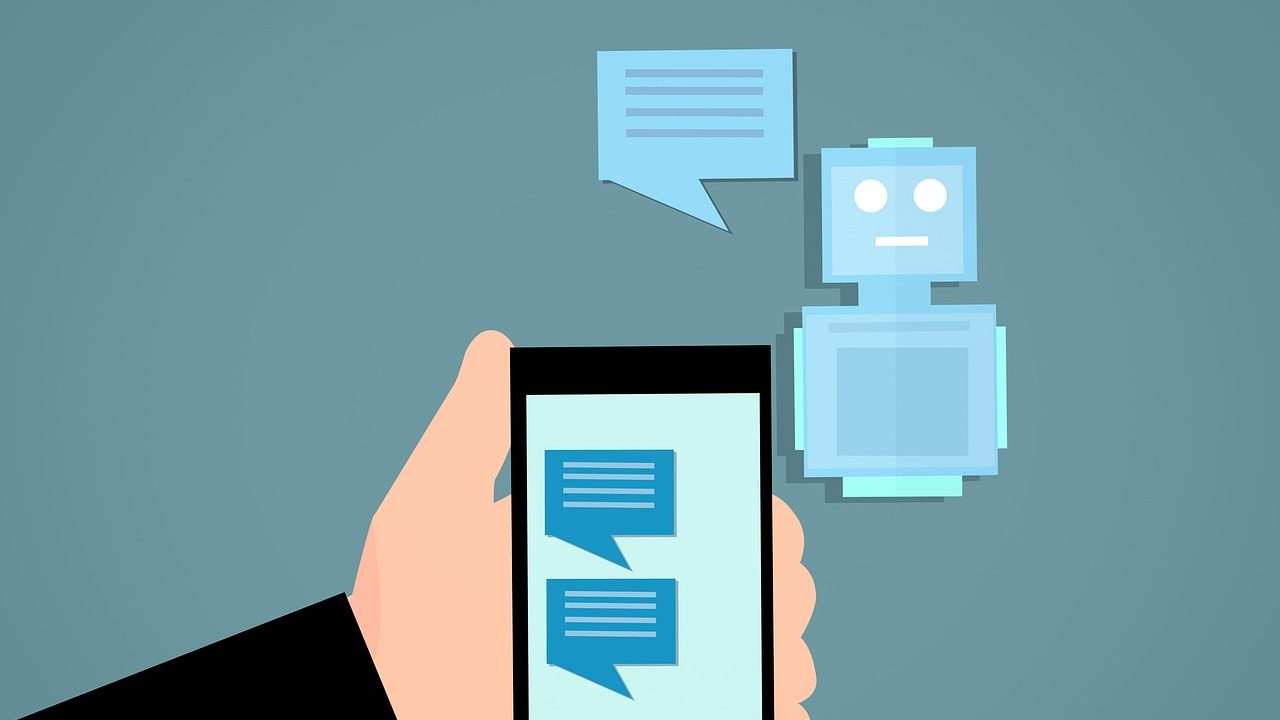
Japan has one of the highest vaccine hesitancy rates in the world. However, few studies have assessed how mobile messenger apps affect COVID-19 vaccine hesitancy. This study used a cross-sectional survey to assess the impact of text messages from Corowa-kun – a free chatbot – on COVID-19 vaccine hesitancy amongst users.